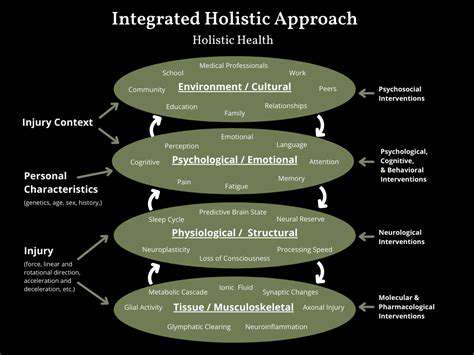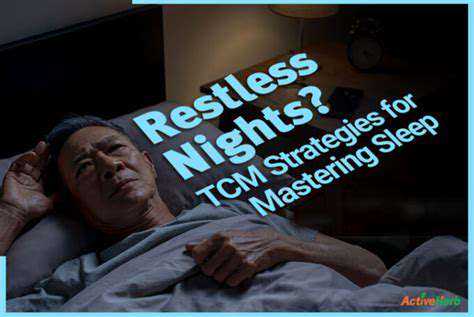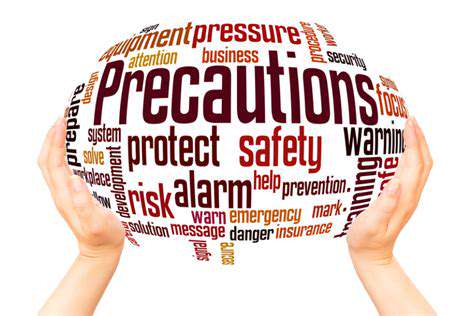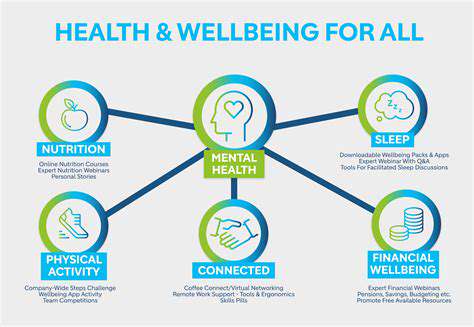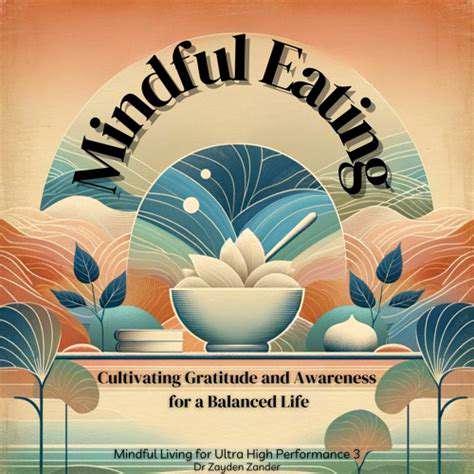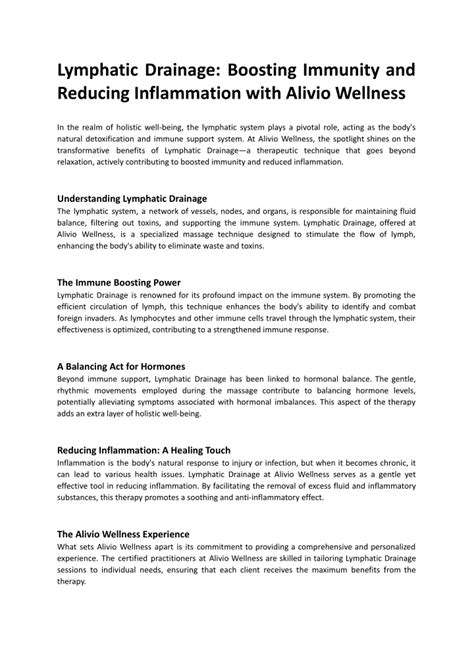Choosing the Right TCM Practitioner for You
This holistic view helps create a realistic starting point for your TCM journey. It allows you and your practitioner to identify which areas need the most attention and what approaches might work best for your unique circumstances.
Defining Specific and Measurable Goals
With your current situation clear, the next step involves crafting meaningful health objectives. Vague intentions like feel better won't provide the direction needed for effective treatment. Instead, focus on concrete outcomes you can track over time.
For example:- Reduce migraine frequency from weekly to monthly within three months- Improve sleep quality to wake up refreshed 5 mornings per week- Increase energy levels to complete daily activities without fatigue
The more precise your goals, the easier it becomes to measure progress and adjust treatments accordingly. Consider keeping a health journal to document changes and patterns that emerge during your TCM regimen.
Prioritizing and Action Planning
Health improvements often work best when tackled systematically. After listing your goals, rank them by:1. Urgency - which issues need immediate attention2. Impact - which changes would make the biggest difference3. Feasibility - what you can realistically address first
Develop a step-by-step plan for your top priorities, including:- Specific TCM modalities to try (acupuncture, herbal remedies, etc.)- Frequency of practitioner visits- Complementary lifestyle changes- Milestones to track progress
A thoughtful action plan serves as your roadmap to wellness, keeping you focused and motivated. Remember to build in flexibility - TCM is about balancing and adjusting as your body responds to treatment.
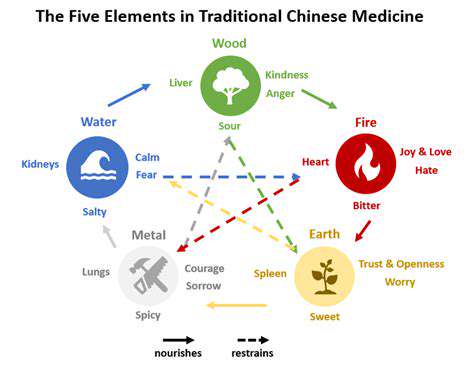
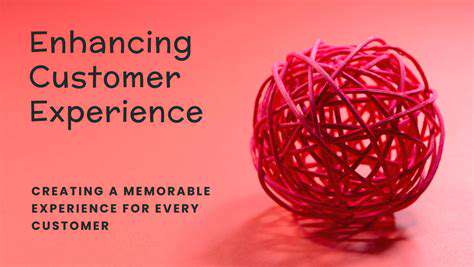
Evaluating Communication Styles and Approach
Understanding Different Communication Styles
TCM practitioners vary widely in how they communicate. Some use straightforward medical terminology, while others employ more metaphorical language rooted in Chinese philosophy. The best matches occur when:- The practitioner's explanation style matches your learning preferences- You feel comfortable asking questions- They adjust their communication based on your responses
Notice whether they:- Use visual aids or demonstrations- Provide written materials- Encourage interactive dialogue
Assessing the Practitioner's Approach to Patient Care
Quality TCM care involves treating the whole person, not just symptoms. Observe whether your practitioner:- Asks about your emotional state and lifestyle- Considers your personal health history in detail- Explains the interconnected nature of your symptoms
A red flag would be a practitioner who:- Rushes through consultations- Offers identical treatments to all patients- Dismisses your concerns or questions
Evaluating the Practitioner's Knowledge and Expertise
Beyond credentials, assess their practical wisdom by:- Asking how they stay updated on TCM developments- Inquiring about their experience with your specific condition- Noticing if they acknowledge the limits of their expertise
The most skilled practitioners combine traditional knowledge with modern understanding. They should be able to explain how TCM concepts relate to Western medical principles when appropriate.
Considering the Practitioner's Personality and Values
The healing relationship thrives when there's mutual respect. Look for:- Genuine interest in your wellbeing- Patience with your learning process- Willingness to collaborate with other healthcare providers
Trust your instincts about whether:- You feel comfortable in their presence- Their philosophy aligns with your health beliefs- They demonstrate cultural sensitivity
Analyzing the Treatment Environment and Facilities
The clinic atmosphere significantly impacts your healing experience. Notice:- Cleanliness and organization- Privacy during treatments- Ambiance (lighting, sounds, smells)- Accessibility and convenience
A well-designed space should help you relax and feel cared for. Don't hesitate to ask about sterilization procedures and safety protocols if you have concerns.

